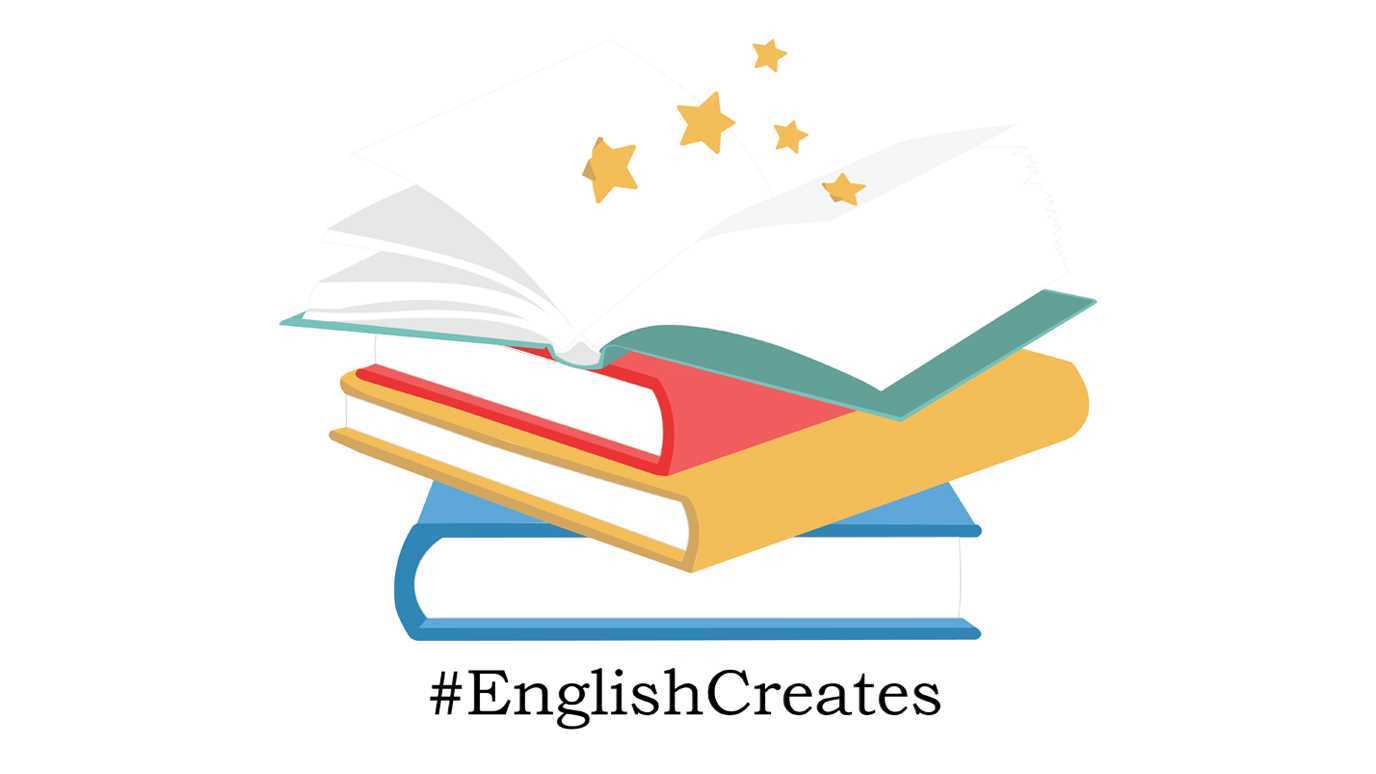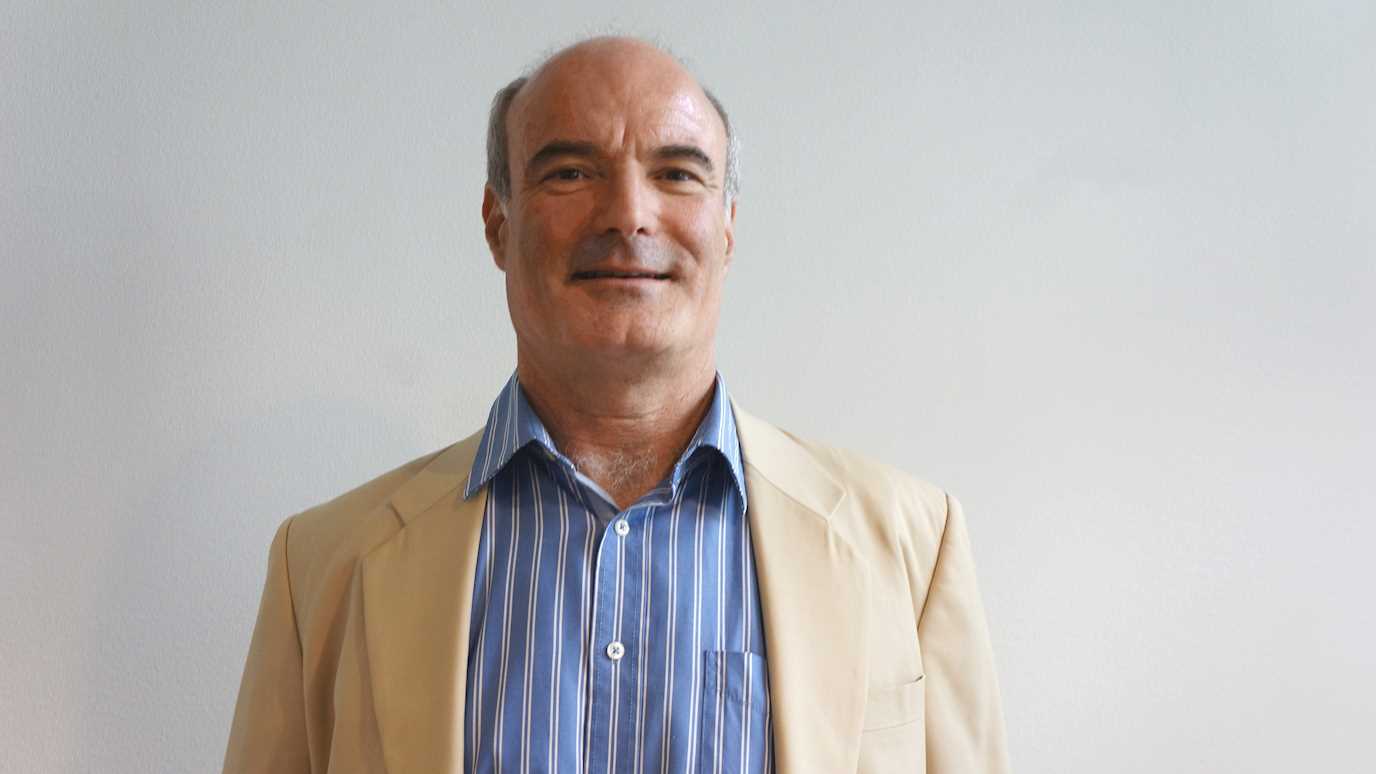Research from Royal Holloway’s Department of Psychology that has changed the way police interview witnesses, conduct video identification parades and gather evidence from children and other vulnerable witnesses has won a major award.
Professor Amina Memon’s contribution to fairer and more effective criminal justice for all has gained her the £10,000 award for Outstanding Impact in Public Policy in the 2017 Economic and Social Research Council (ESRC) Celebrating Impact Prize.
Thanks to her research into gathering witness evidence, the police are now less likely to see evidence challenged in court; judges and juries are better able to reach the correct verdict; and suspects are less likely to be wrongly accused.

Professor Amina Memon accepts her award from Kelvin Hopkins MP
Watch a video exploring this fascinating work
On winning the award, Professor Memon has called for the research community to continue lobbying for practice that is based on scientific knowledge:
“From the very beginning it wasn’t just the ‘why’ question that drove my research, it was the potential impact that motivated me to keep knocking on doors despite the sensitive nature of my topic.
“This award shows the responsibility we have as academics to communicate and share our research findings with those who can most readily benefit from them. We need to continue lobbying for practice that is based on scientific knowledge. The appropriate questioning of witnesses and victims to the tragic incidents of the kind we have experienced recently in the UK shows the onus on us to apply our expertise is more important now than ever.”
World-leading research minimises miscarriages of justice
Memon’s work revealed that adopting a planned approach combined with the right interview techniques can help even the most vulnerable of witnesses, including very young children and the elderly, recall reliable information.
This laid the foundation for key police investigative interviewing protocols and training which are used today and outlined in Achieving Best Evidence in Criminal Proceedings: Guidance on Interviewing Victims and Witnesses, published by the Ministry of Justice (2011).
Her evaluation of the Cognitive Interview (CI), a research-based tool for gathering detailed eyewitness reports was the first of its kind in the UK. Based on this evaluation, and her adaptation of CI for use with children, the Cognitive Interview now forms part of the training in every police force in England and Wales, and is advocated in 20 countries worldwide.
Age, background, ability are no longer barriers to gathering vital information in interview
Professor Memon also contributed to the rigour of video identification parades, which resulted in proposals for standard procedures for all police forces and a guidance document made available to all police officers in England and Wales. Importantly, her research with real witnesses revealed that contrary to laboratory data, older people can prove reliable witnesses.
Her work has helped ensure that even the most vulnerable witnesses, including very young children, the elderly and those with Autism Spectrum Disorder (ASD), are best placed to recall reliable information and are treated appropriately in court. She is responsible for the Scottish Executive 2003 guidance on interviewing child witnesses and the 2005 code of practice for supporting child witnesses in court.
Between 2003-2007 she trained all family court judges in Scotland on how to interview child witnesses. Recently, she has highlighted the problems caused by lengthy time delays between investigation and trial in cases where young children are involved.
The judging panel for the ESRC Celebrating Impact Prize 2017 was unanimous in its praise for Professor Memon’s contribution over quarter of a century to improving justice for all. While her work improves justice for victims and witnesses, ultimately it benefits everyone involved in the criminal justice system – police, judiciary, the general public and suspects too.
Make an impact
Learn more about Royal Holloway’s Eyewitness Lab, explore opportunities for study in the Department in Psychology or read about other impactful research underway in the department.
























